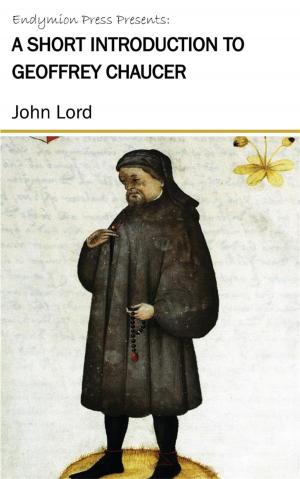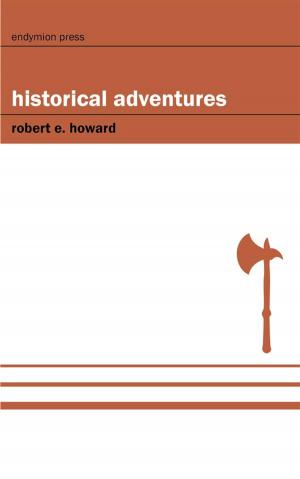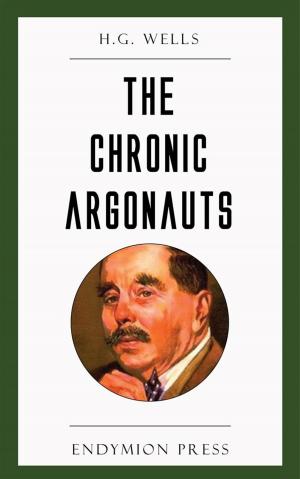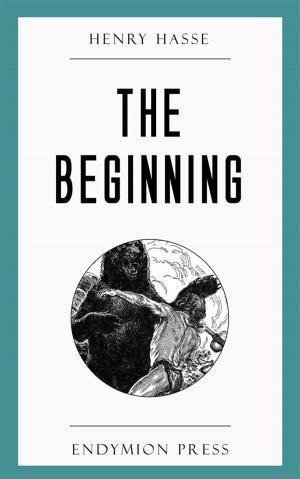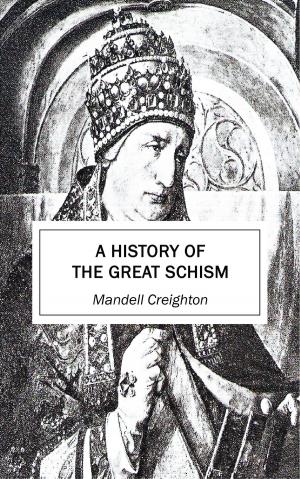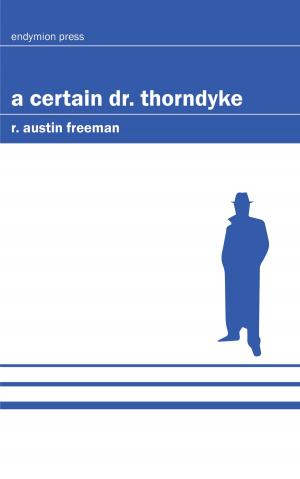| Author: | Rene Francis | ISBN: | 9781531292423 |
| Publisher: | Endymion Press | Publication: | August 15, 2016 |
| Imprint: | Language: | English |
| Author: | Rene Francis |
| ISBN: | 9781531292423 |
| Publisher: | Endymion Press |
| Publication: | August 15, 2016 |
| Imprint: | |
| Language: | English |
To those who have no more than a general idea of the history of Rome, the name Augustus, or even Octavian, conveys little more than the memory of a man who followed Julius Caesar, who won the battle of Actium against Mark Antony, and who was the first Emperor of Rome. And indeed Roman history itself, without some degree of study, does not seem to present more than the rise of a big republic from a small town on the hills, then a general confusion of wars and horrors, then one great luminous figure, Julius Caesar, and after him a long succession of emperors, some good and many bad, and, at the last, a general overthrow, an inrush of savage Northern tribes and the beginning of the Dark Ages.
But when we look more closely into the history of Rome we begin to see that one thing seems to lead into another, that there is a certain chain of events and consequences, almost inevitable in their occurrence and development, and that certain changes that came about were essential to Rome's development.
We then see that Julius Caesar was not in reality the Maker of the Roman Empire, great as were his deeds, and that the long line of emperors did not commence automatically or by chance, but that there was a definite sequence of facts and modifications that led from the Republic to Julius Caesar, and from Julius Caesar to the emperors. And we see that this definite sequence was due to an equally definite influence that brought to pass or at least made use of those facts that contrived those modifications in a certain way, and made it possible for the emperors to have their empire.
And when we look for that influence, we see one man, Augustus. And the more we study Augustus, his work, and his life, the more clearly do we see how, without him and all he did, the Roman Republic might have been forgotten, Julius's work would have been undone, and the long line of Caesars never would have existed.
The life of Augustus is not the personal life and the doings, political, historical, or otherwise, of a great individual: it is the embodiment of a series of political changes, from autocracy to Imperialized Republicanism, in and due to the person of one man, whose great distinction is that he realized what changes were necessary and how he must bring them about. Though we cannot see in him the glory, the genius, the wonder, and the charm of his great ancestor, we can see that it was his personality, his ability, and his special genius that really made Rome great and kept her great through the centuries during which she ruled the world...
To those who have no more than a general idea of the history of Rome, the name Augustus, or even Octavian, conveys little more than the memory of a man who followed Julius Caesar, who won the battle of Actium against Mark Antony, and who was the first Emperor of Rome. And indeed Roman history itself, without some degree of study, does not seem to present more than the rise of a big republic from a small town on the hills, then a general confusion of wars and horrors, then one great luminous figure, Julius Caesar, and after him a long succession of emperors, some good and many bad, and, at the last, a general overthrow, an inrush of savage Northern tribes and the beginning of the Dark Ages.
But when we look more closely into the history of Rome we begin to see that one thing seems to lead into another, that there is a certain chain of events and consequences, almost inevitable in their occurrence and development, and that certain changes that came about were essential to Rome's development.
We then see that Julius Caesar was not in reality the Maker of the Roman Empire, great as were his deeds, and that the long line of emperors did not commence automatically or by chance, but that there was a definite sequence of facts and modifications that led from the Republic to Julius Caesar, and from Julius Caesar to the emperors. And we see that this definite sequence was due to an equally definite influence that brought to pass or at least made use of those facts that contrived those modifications in a certain way, and made it possible for the emperors to have their empire.
And when we look for that influence, we see one man, Augustus. And the more we study Augustus, his work, and his life, the more clearly do we see how, without him and all he did, the Roman Republic might have been forgotten, Julius's work would have been undone, and the long line of Caesars never would have existed.
The life of Augustus is not the personal life and the doings, political, historical, or otherwise, of a great individual: it is the embodiment of a series of political changes, from autocracy to Imperialized Republicanism, in and due to the person of one man, whose great distinction is that he realized what changes were necessary and how he must bring them about. Though we cannot see in him the glory, the genius, the wonder, and the charm of his great ancestor, we can see that it was his personality, his ability, and his special genius that really made Rome great and kept her great through the centuries during which she ruled the world...




